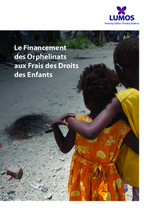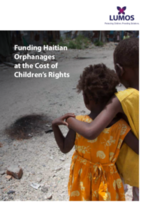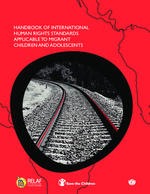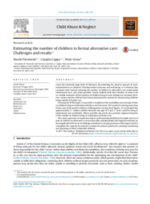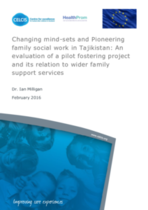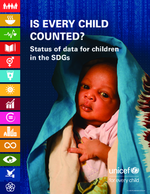Le Financement des Orphelinats aux Frais des Droits des Enfants
Pour comprendre la raison pour laquelle les orphelinats continuent de se développer en Haïti et la façon dont ils affectent les enfants, Lumos a mené une enquête sur les modes de financement et les ramifications de la vie en orphelinat sur les enfants élevés entre leurs murs.

